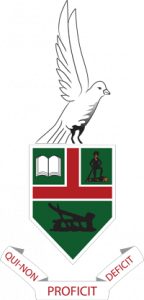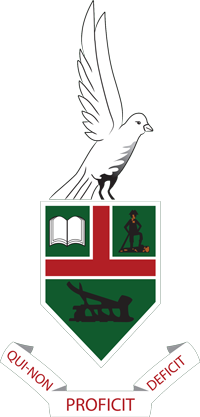SOCIAL SCIENCES
Unuhia te rito o te harakeke kei whea te koomako e koo
Whakatairangitia – rere ki uta, rere ki tai;
Ui mai koe ki ahau he aha te mea nui o te ao,
Maaku e kii atu he tangata, he tangata, he tangata!
Remove the heart of the flax bush and where will the kōmako sing?
Proclaim it to the land, proclaim it to the sea;
Ask me, ‘What is the greatest thing in the world?’
I will reply, ‘It is people, people, people!’
The Social Sciences learning area is about how societies work and how people can participate as critical, active, informed, and responsible citizens. Contexts are drawn from the past, present, and future and from places within and beyond New Zealand.
Through the social sciences, students develop the knowledge and skills to enable them to: better understand, participate in, and contribute to the local, national, and global communities in which they live and work; engage critically with societal issues; and evaluate the sustainability of alternative social, economic, political, and environmental practices.
Students explore the unique bicultural nature of New Zealand society that derives from the Treaty of Waitangi. They learn about people, places, cultures, histories, and the economic world, within and beyond New Zealand. They develop understandings about how societies are organised and function and how the ways in which people and communities respond are shaped by different perspectives, values, and viewpoints. As they explore how others see themselves, students clarify their own identities in relation to their particular heritages and contexts.
At Waimate High School, students in Year 7-10 develop their social science skills through Social Studies, which is a compulsory subject.
For students in Year 11-13, they can explore social sciences by choosing to study History, Geography, Tourism and Classical Studies, or Economics and Accounting via Distance Learning.
IDENTITY, CULTURE & ORGANISATION
Students learn about society and communities and how they function. They also learn about the diverse cultures and identities of people within those communities and about the effects of these on the participation of groups and individuals.
pLACE & ENVIRONMENT
Students learn about how people perceive, represent, interpret, and interact with places and environments. They come to understand the relationships that exist between people and the environment.
CONTINUITY & CHANGE
Students learn about past events, experiences, and actions and the changing ways in which these have been interpreted over time. This helps them to understand the past and the present and to imagine possible futures.
THE ECONOMIC WORLD


